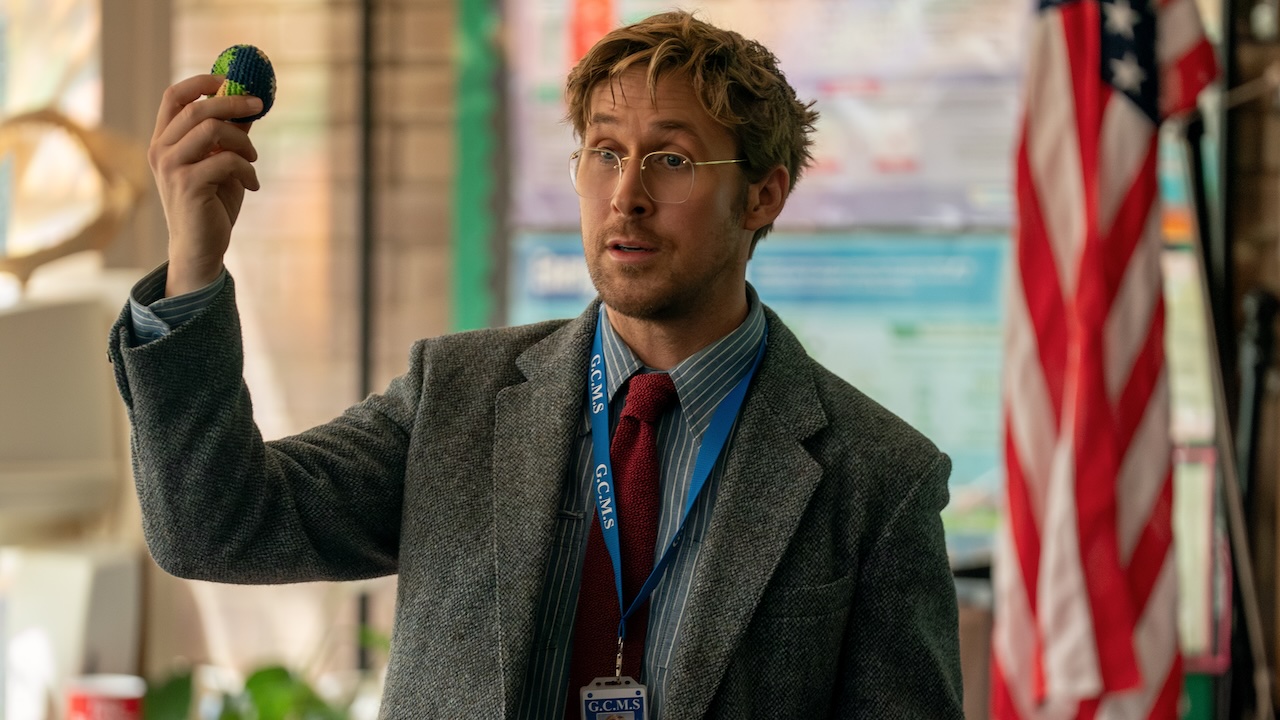The Best Black Mirror Episodes, Including Season 7
Let's reflect on Black Mirror's greatest hits.
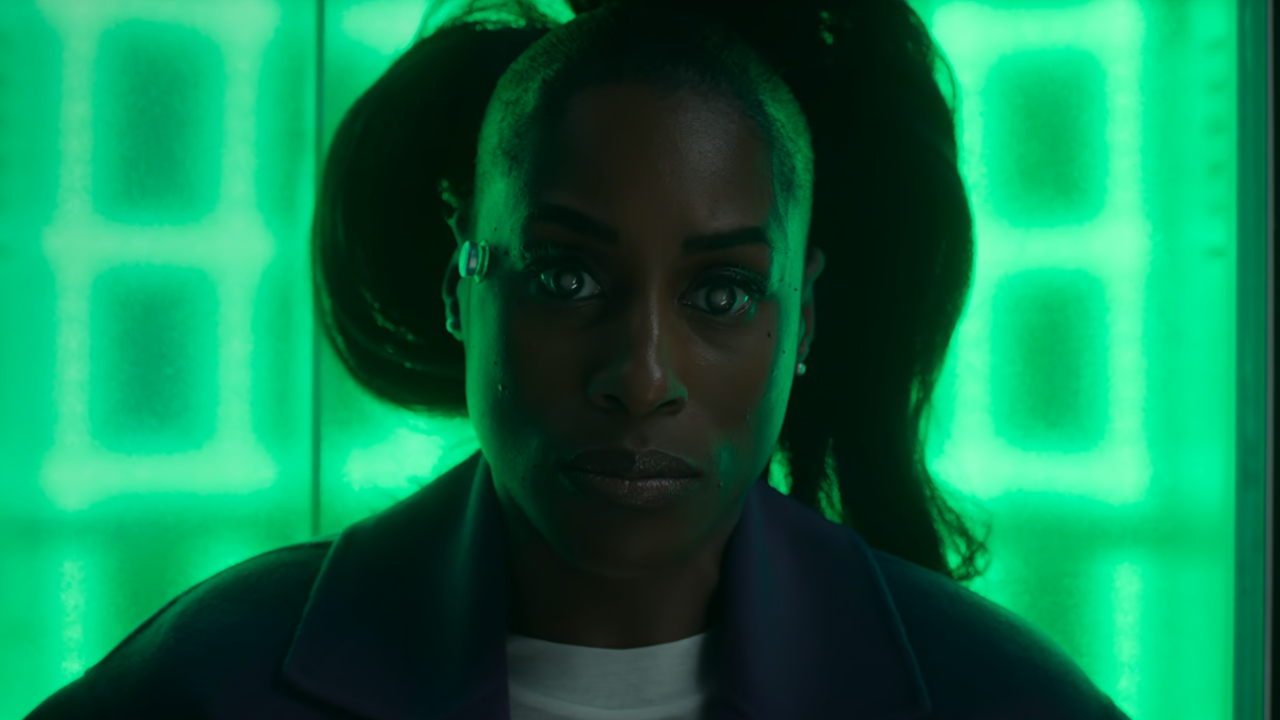
Your Daily Blend of Entertainment News
You are now subscribed
Your newsletter sign-up was successful
SPOILER WARNING: This article may give away some of the shocking twists and turns that the best Black Mirror episodes are famous for. So, if you are not caught up, be mindful about how you proceed as you scroll on.
I would call Black Mirror one of the best science fiction TV shows of all time. However, many of the stories presented in the acclaimed anthology TV show, available exclusively with a Netflix subscription, exist in a futuristic setting that feels frighteningly close to reality.
Everyone has their own choice for the best episode of this anthology series, but it is certainly a hard choice to make. Each of its seven seasons so far have offered stories that tend to linger on you, not just for their thought-provoking satirical edge but also their heartbreaking, or even heartwarming, power. Luckily, I managed to put together a list of my picks for the best Black Mirror episodes (excluding the interactive 2018 movie, Bandersnatch), ranked in ascending order.
Honorable Mentions
Before we get into Black Mirror’s absolute best, let’s talk about a few worthy stories that just barely made the cut for me.
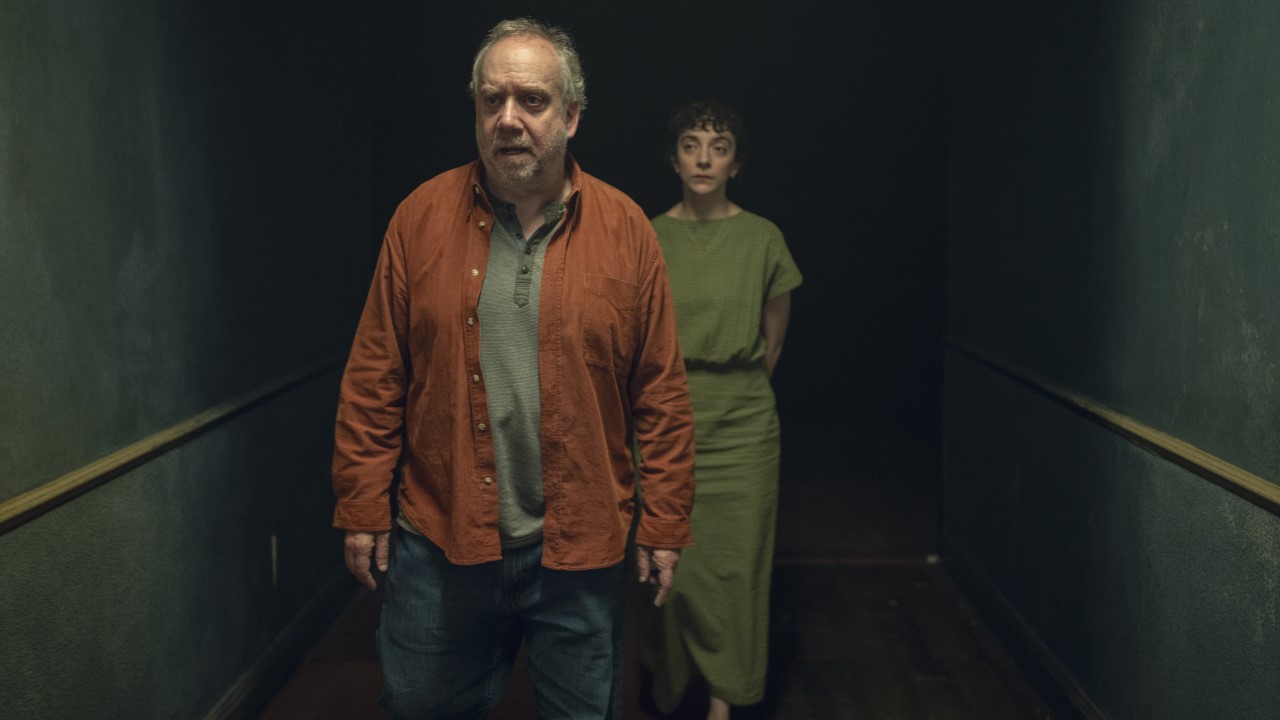
"Eulogy" (Season 7, Episode 5)
Oscar nominee Paul Giamatti stars as a reclusive man given the chance to immerse himself in his memories of a past lover using a device that sounds awesome to own – a rare thing I would ever say about an invention depicted in Black Mirror.
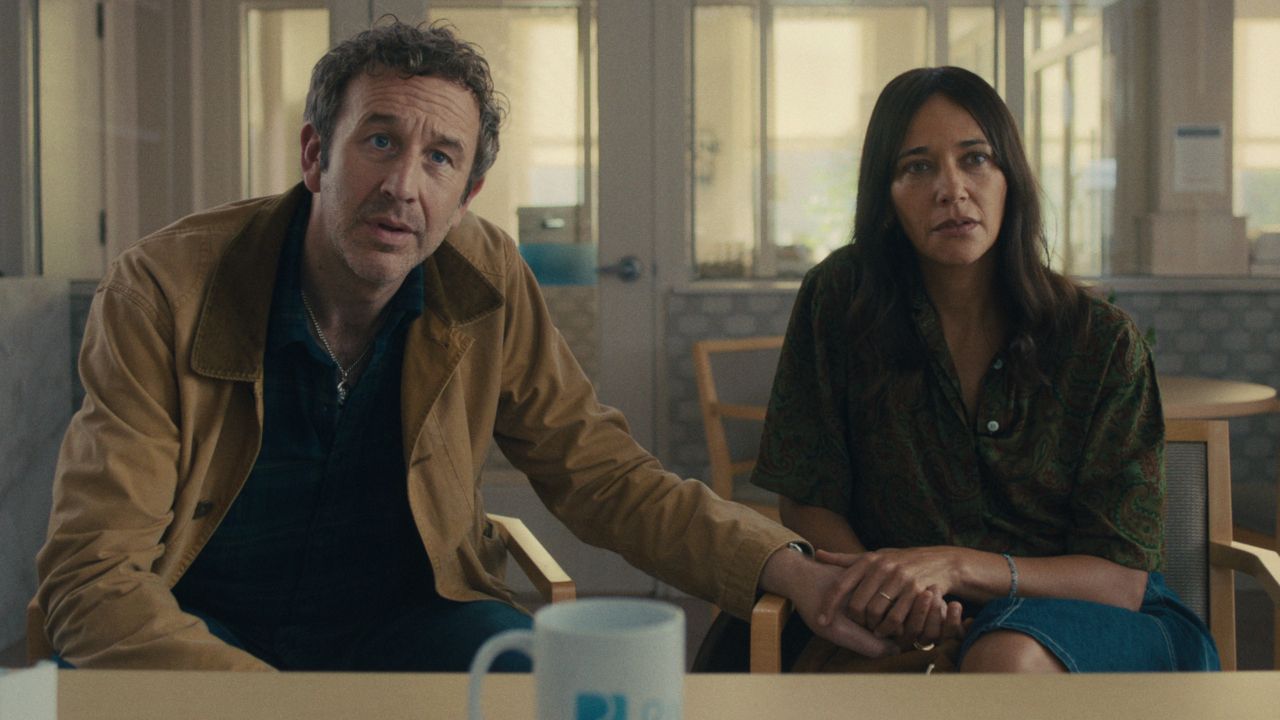
"Common People" (Season 7, Episode 1)
Your Daily Blend of Entertainment News
The frustrations that come with even the best streaming services – from disruptive ads to insane price hikes – are exaggerated to a terrifying degree in this story about a construction worker (played by Chris O’Dowd) who keeps his wife (played by Rashida Jones, who wrote the “Nosedive” episode) alive with a device that soon becomes nearly impossible to afford.
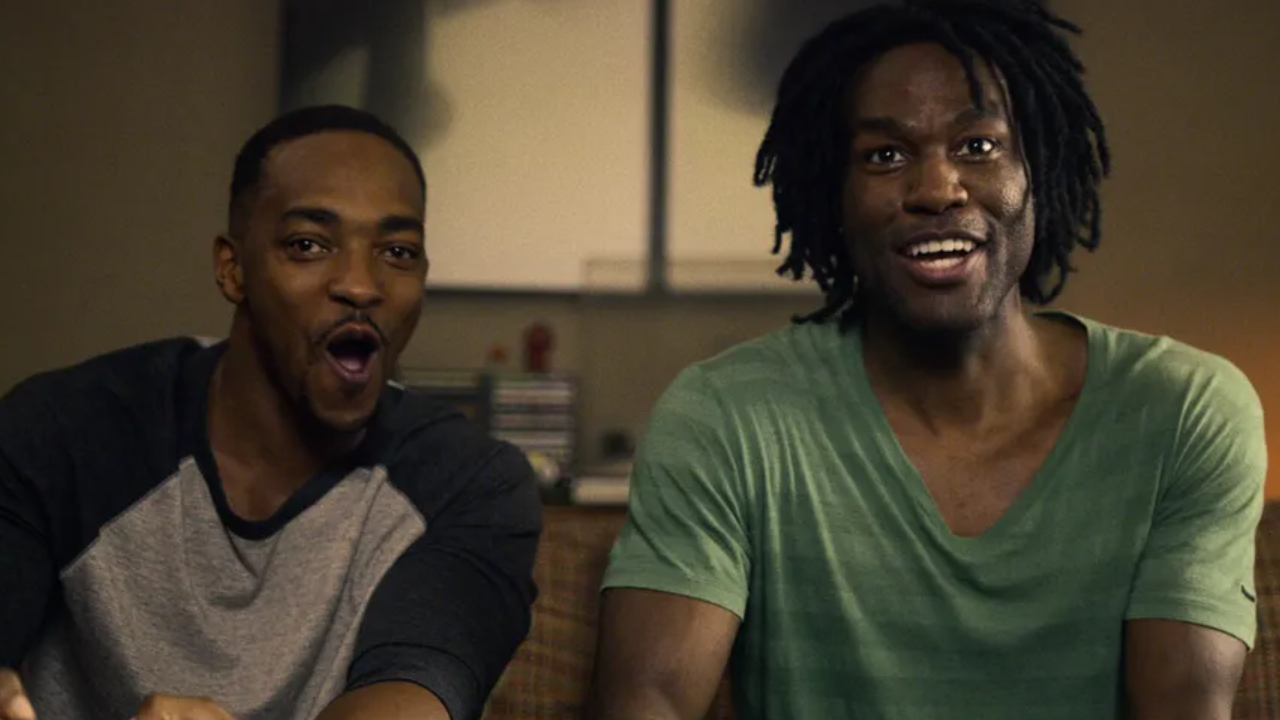
"Striking Vipers" (Season 5, Episode 1)
Comic book movie stars Anthony Mackie and Yahya Abdul-Mateen II play two best friends forced to confront uncomfortable truths about gender and sexual fluidity when they begin to use their respective male and female avatars in an immersive VR fighting game for more than playful combat.
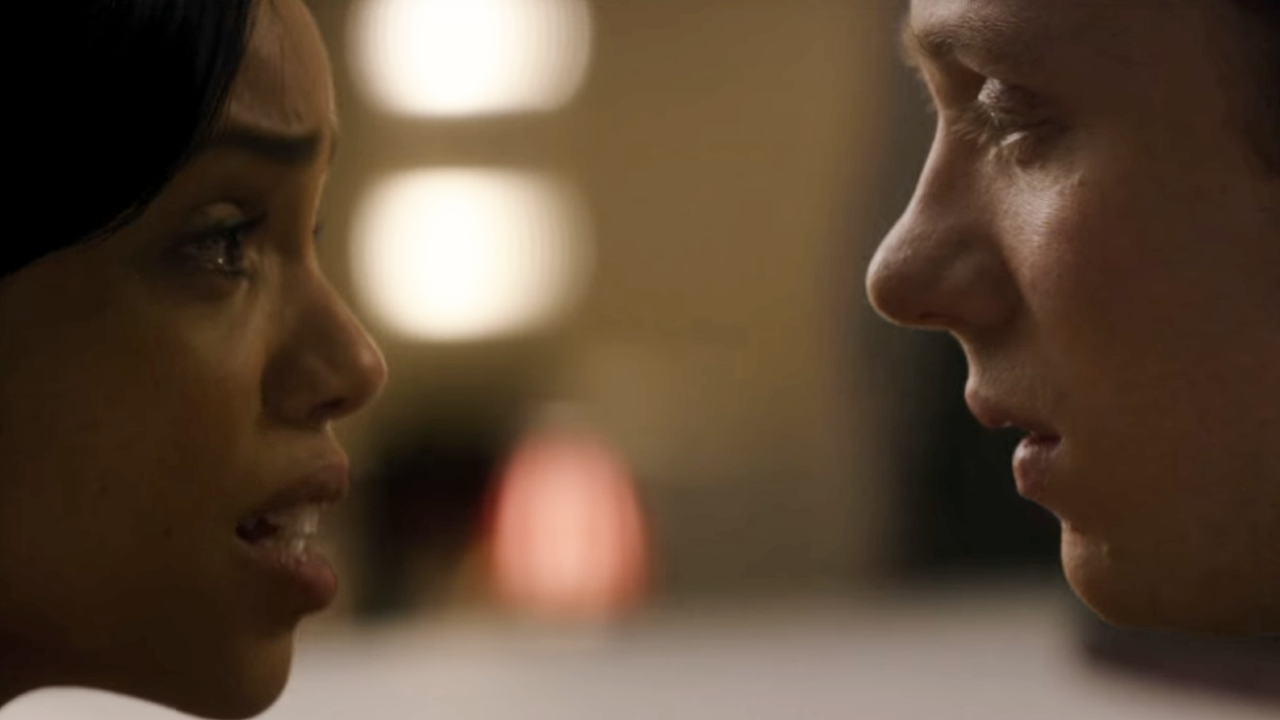
"Hang The DJ" (Season 4, Episode 4)
Amy (Barbarian’s Georgina Campbell) and Frank (Joe Cole) struggle to maintain a relationship and navigate the mysterious “System” in this deeply relatable and ultimately endearing deconstruction of not just dating apps but modern dating in general.
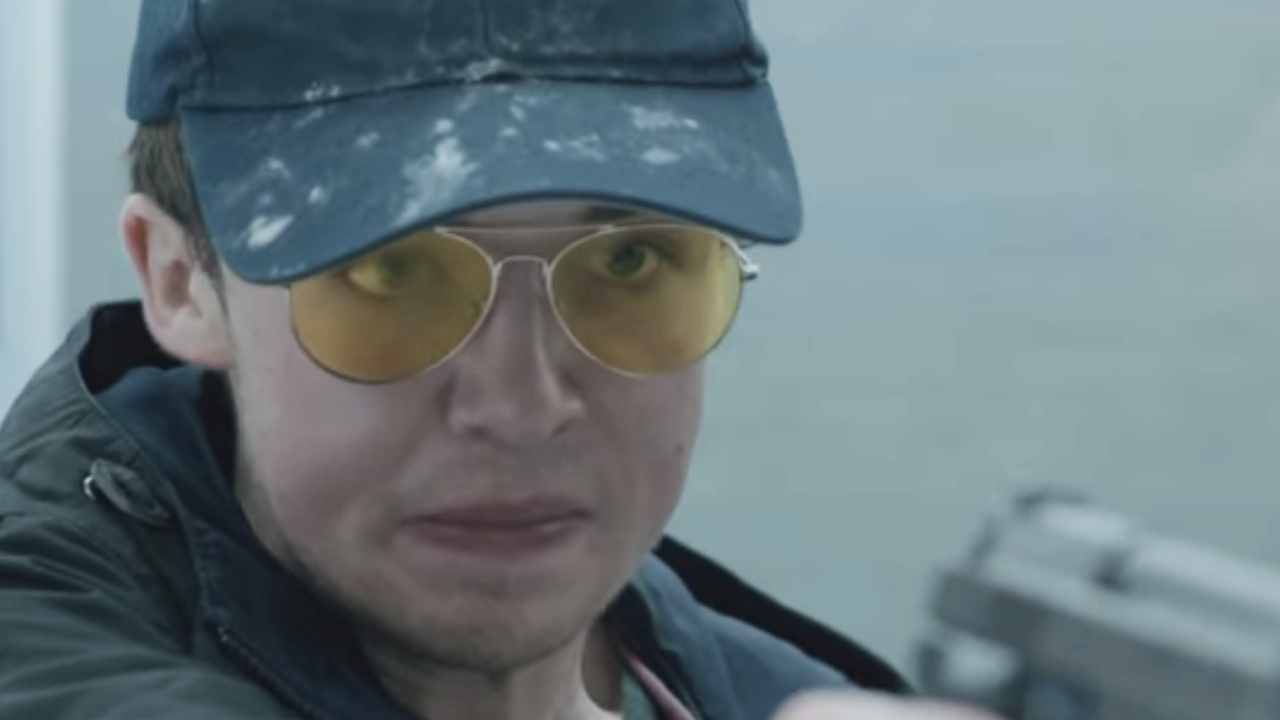
“Shut Up And Dance” (Season 3, Episode 3)
Alex Lawther and Jerome Flynn play two strangers blackmailed into doing an elusive hacker group’s bidding in this heart-pounding suspense thriller with a wicked final reveal that proves some of the scariest Black Mirror episodes do not require a dystopian setting.
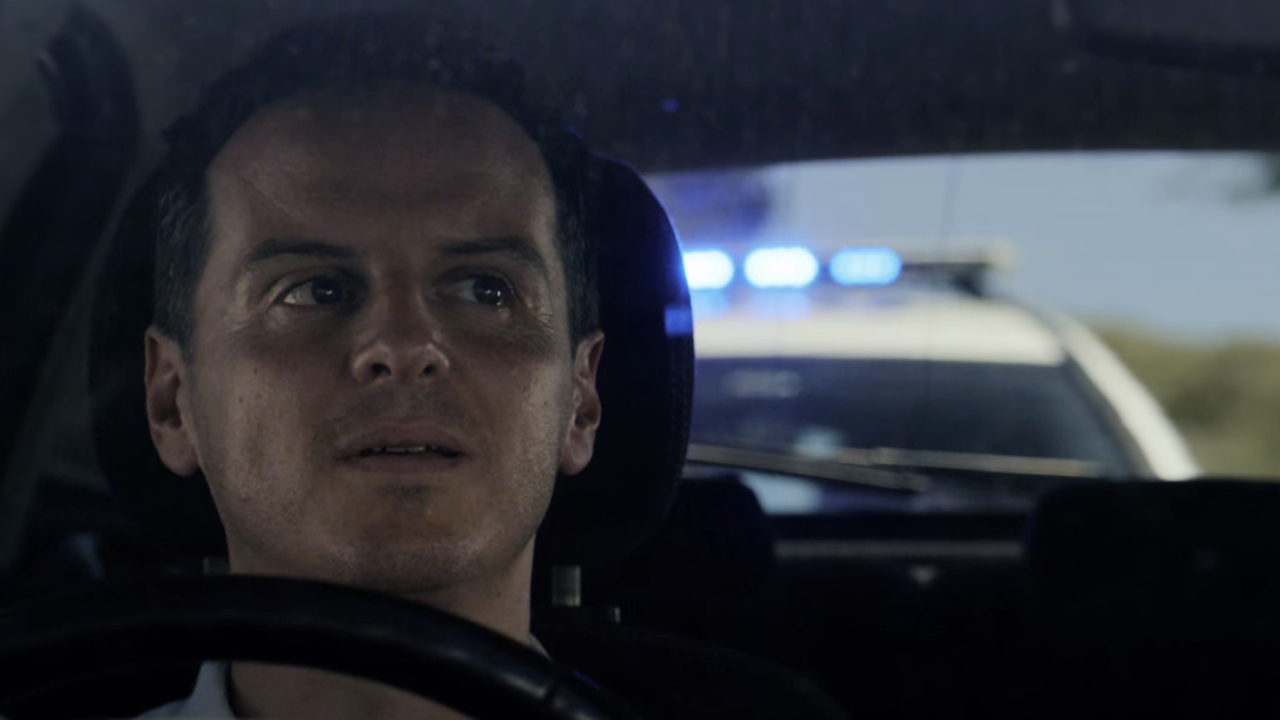
“Smithereens” (Season 5, Episode 2)
Speaking of great Black Mirror episodes set in present times, few of the series’ tales have managed to make me angrier about the internet’s addictive qualities than this drama about a rideshare driver (Andrew Scott) taking a social media company employee (Damson Idris) hostage for a heartbreaking reason.
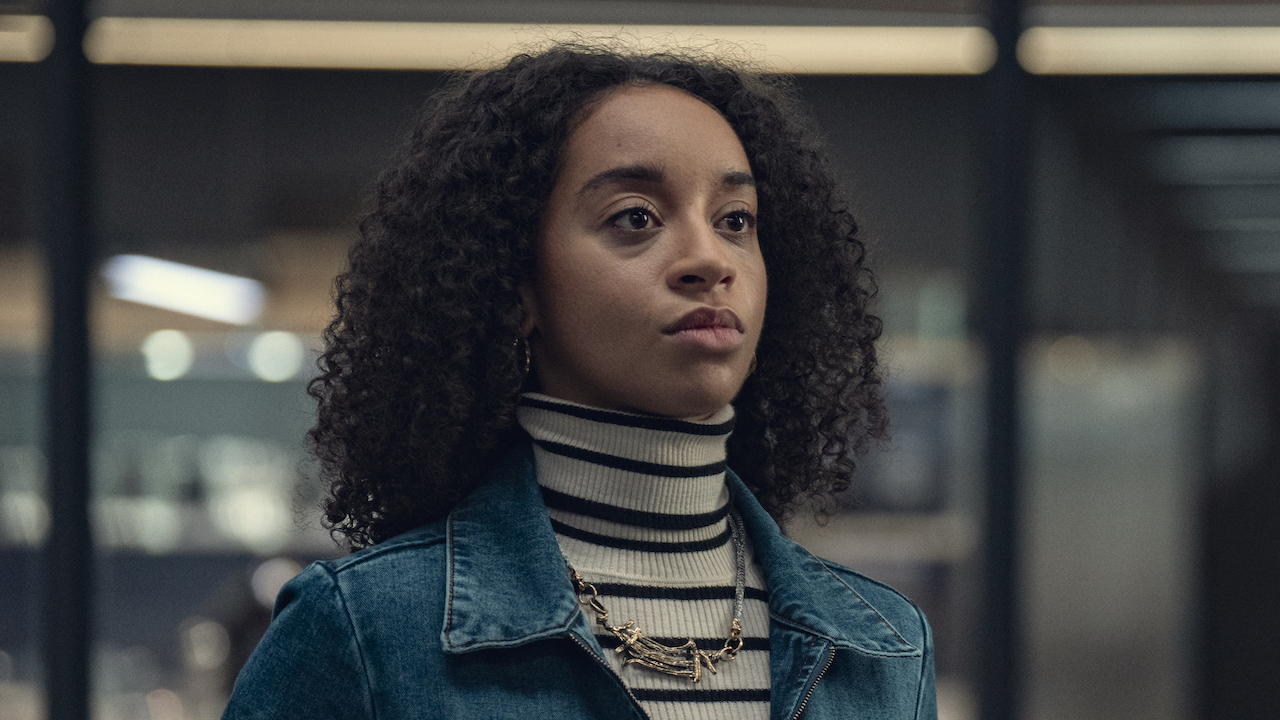
15. “Bête Noire” (Season 7, Episode 2)
In most cases, it is easy to dispel the puzzling phenomenon of collective misremembering (known as The Mandela Effect) with logic, but “Bête Noire” offers a more nefarious explanation. Siena Kelly stars as a woman who believes her recent reality-questioning encounters are the work of a former classmate (played by Rosy McEwen) who was recently hired at her company. Until its nigh-supernatural conclusion, this Season 7 favorite is a ferociously clever brainteaser that may have you questioning your own reality.
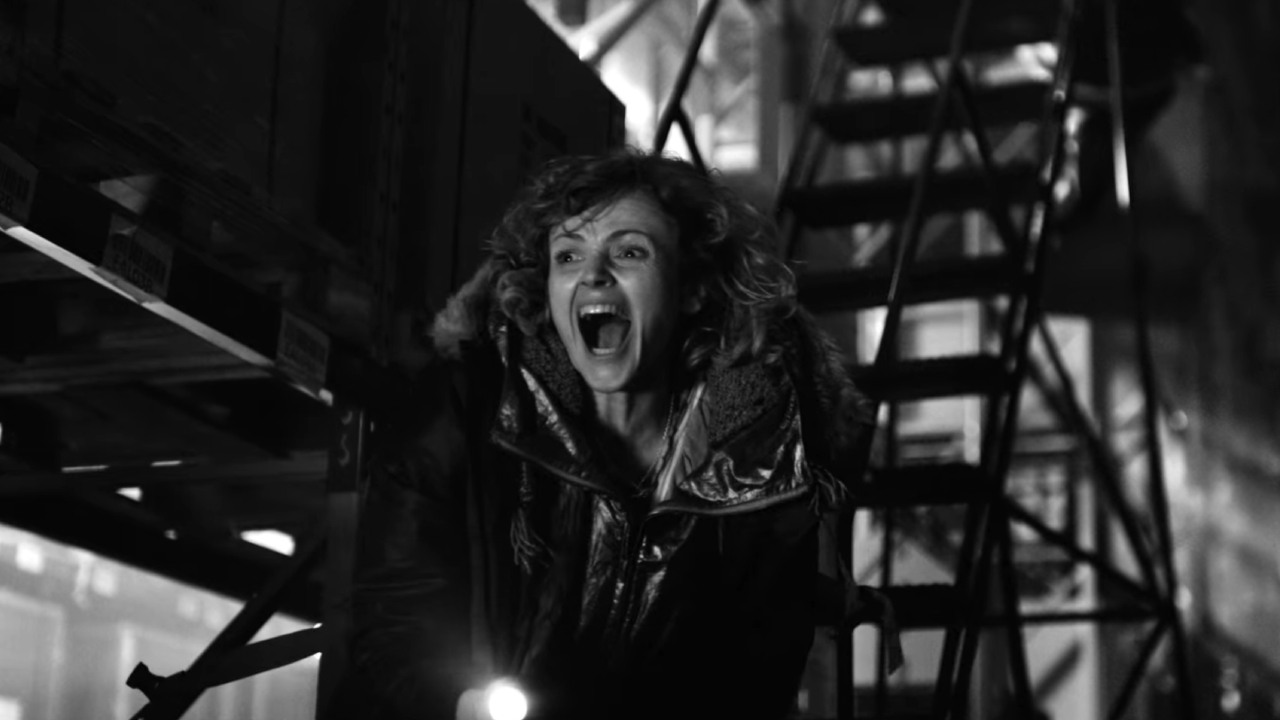
14. “Metalhead” (Season 4, Episode 5)
Not every Black Mirror story needs nuanced social commentary to be an effective drama, and director David Slade’s post-apocalyptic chase thriller “Metalhead” is a prime example of that. Then again, the episode, shot in dazzling grayscale, does manage to hit close to home, since the mechanical “dogs” that Maxine Peake’s character struggles to outrun bear a startling resemblance to a robot that exists in real life.
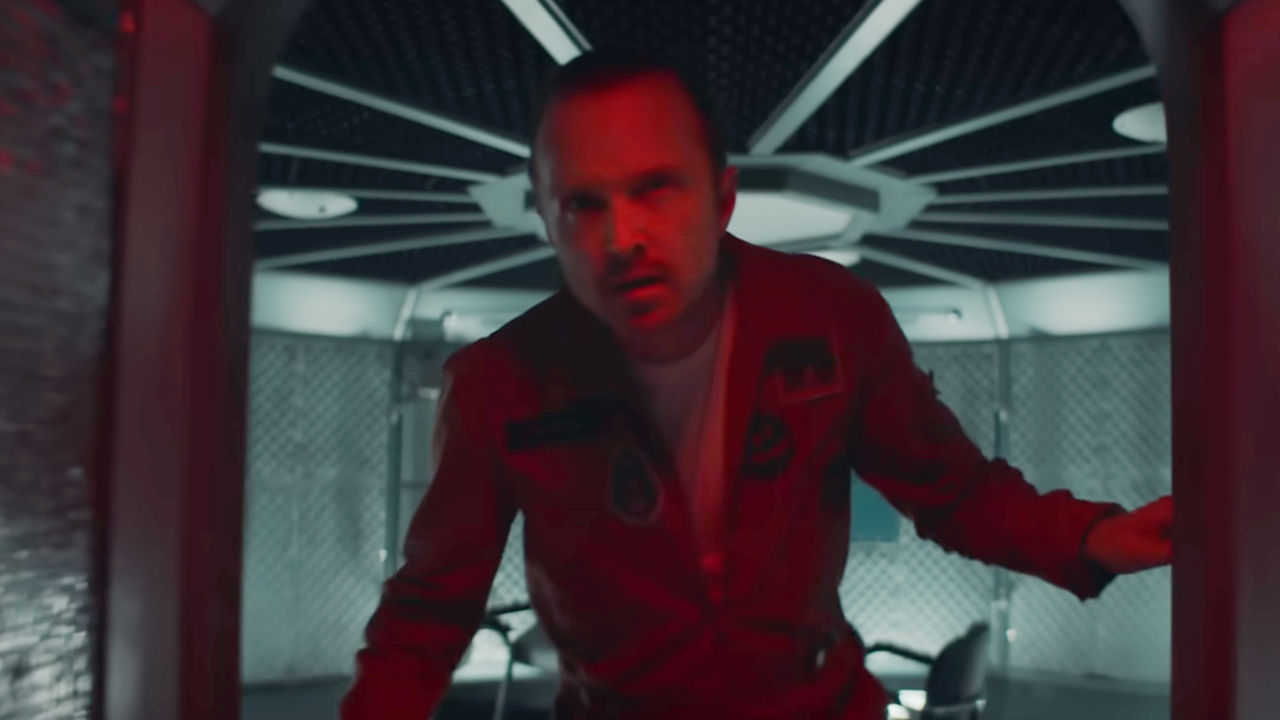
13. “Beyond The Sea” (Season 6, Episode 3)
Arguably Black Mirror Season 6’s best episode, “Beyond the Sea” does what the show does best, by taking a seemingly utopian idea and exposing its nightmarish potential. Set in an alternate 1969, it stars a stellar Aaron Paul and Josh Hartnett as astronauts stationed off Earth who can still live among their families by linking to mechanical replicas. This idyllic situation takes a shocking turn that leads the thoroughly absorbing story from director John Crowley down a path toward unspeakable tragedy.
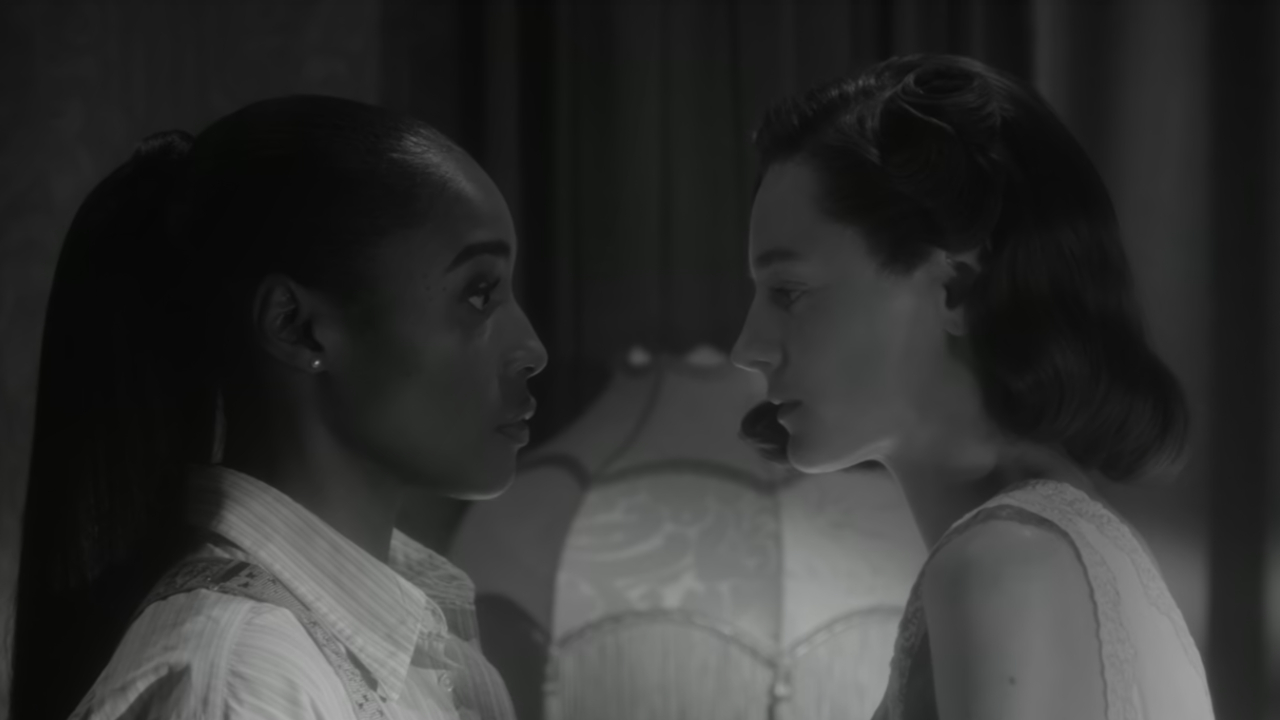
12. “Hotel Reverie” (Season 7, Episode 3)
Let’s shift gears toward something a little more positive and highlight what could be the best episode of Season 7, “Hotel Reverie.” Issa Rae plays an actor offered a starring role in a remake of a film noir classic, but with an immersive process that allows her to interact with sentient digital copies of its characters, one of whom (played by Emma Corrin) she grows unexpectedly close to after a malfunction. Offering a somewhat more optimistic take on AI art than Season 6’s “Joan is Awful,” and borrowing from the bittersweet romantic tone of “San Junipero” makes this episode a hauntingly beautiful experience.
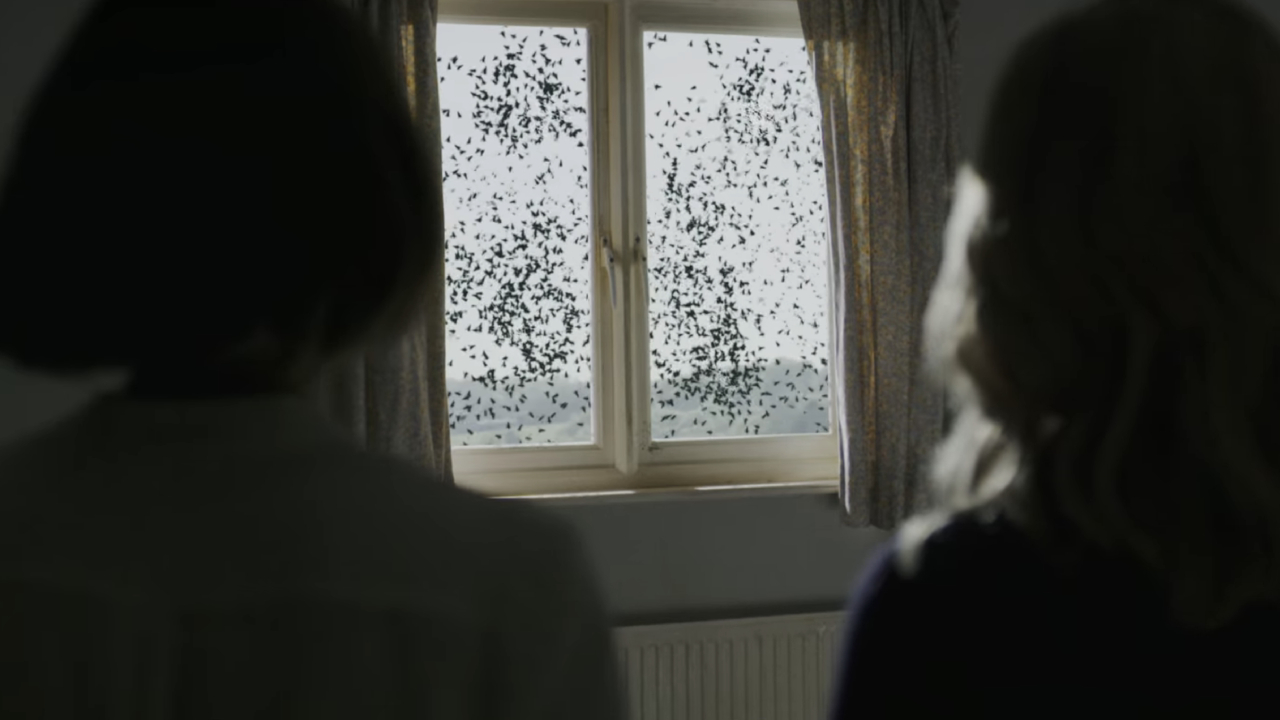
11. "Hated In The Nation" (Season 3, Episode 6)
The feature-length “Hated in the Nation” is one of Black Mirror’s most horrifyingly realistic tales yet, for multiple reasons. Set in a world in which robotic bees have replaced the real insect and social media can not only end your career but your life, this perplexing mystery that mixes The X-Files with Alfred Hitchcock’s The Birds combines those two themes into a harrowing blend.
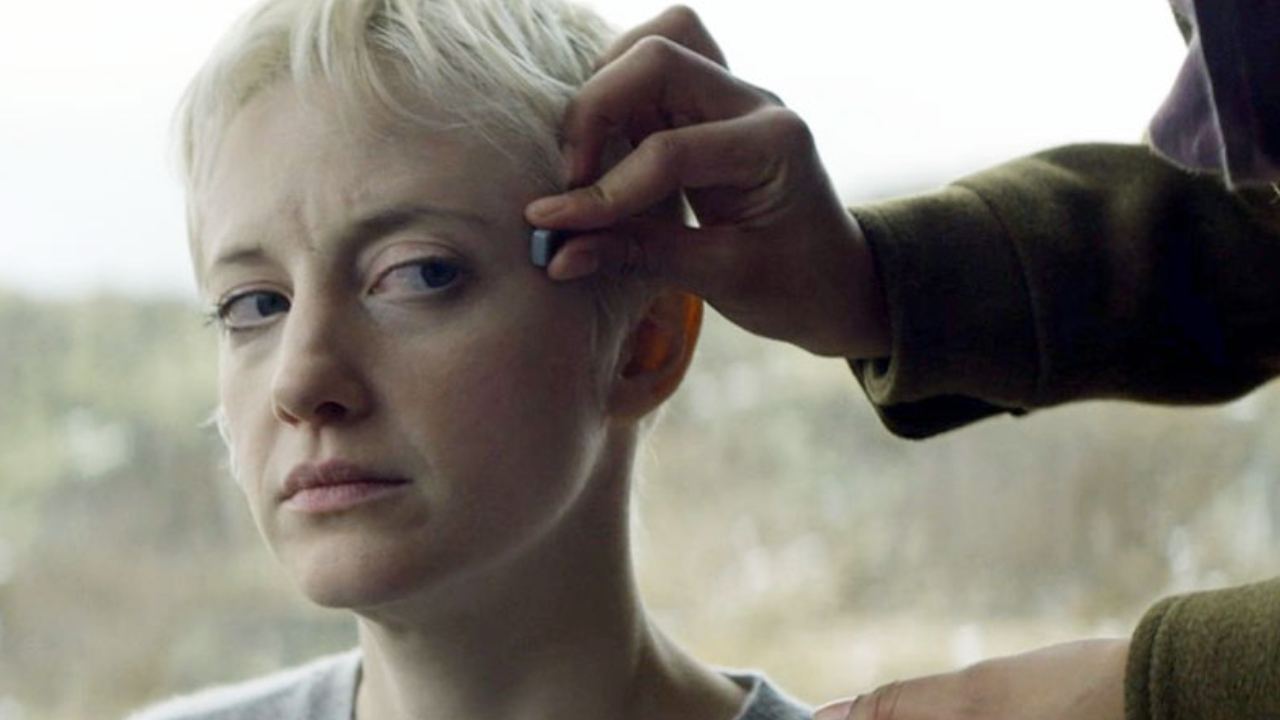
10. “Crocodile” (Season 4, Episode 3)
I will never forget watching, arguably, the best Black Mirror season, Season 4, and needing to take a break from my binge after director John Hillcoat’s “Crocodile,” which is one of the series’ most upsetting explorations of human nature. Academy Award nominee Andrea Riseborough gives one of her most haunting performances as a successful wife and mother who goes to unspeakable lengths to hide her guilty conscience.
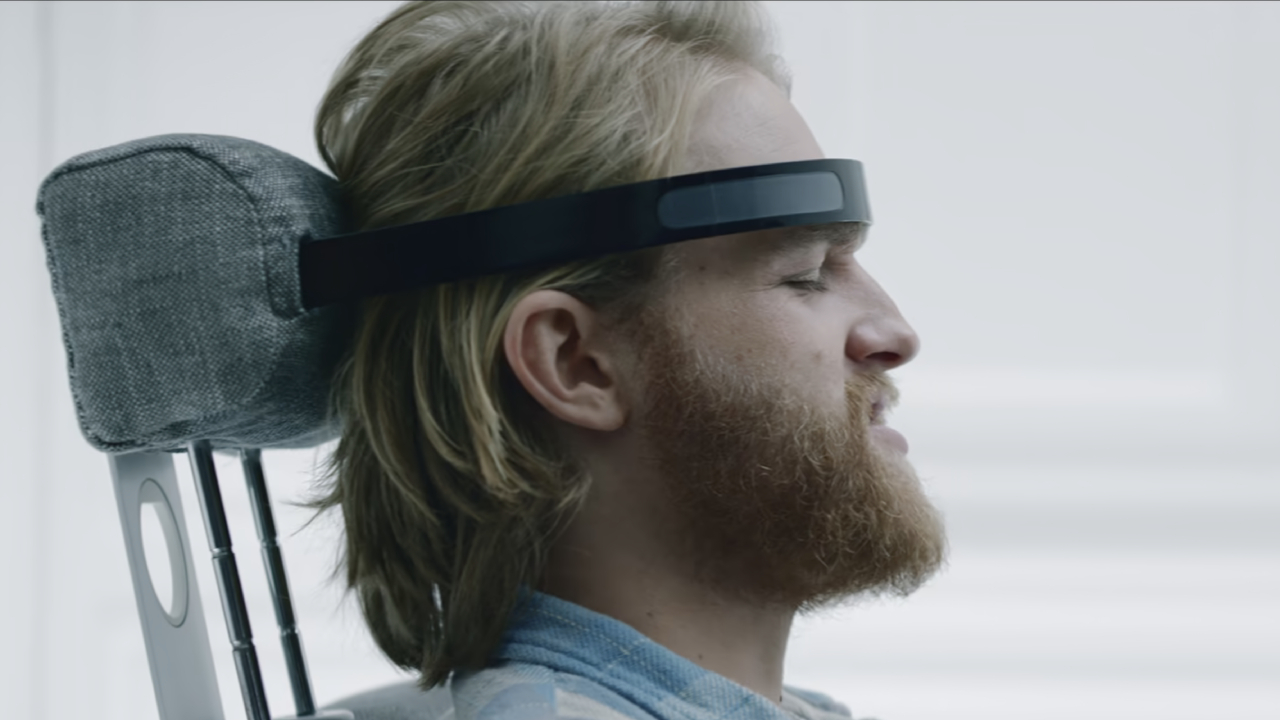
9. “Playtest” (Season 3, Episode 2)
The appeal of video games is escapism, but what happens when the game becomes something dangerously inescapable? Director Dan Trachtenberg’s “Playtest,” from Black Mirror’s first season as a Netflix exclusive, could be considered one of the best horror movies of its time as it subjects Wyatt Russell’s Cooper to VR obstacles that quickly become far too realistic and far too personal.
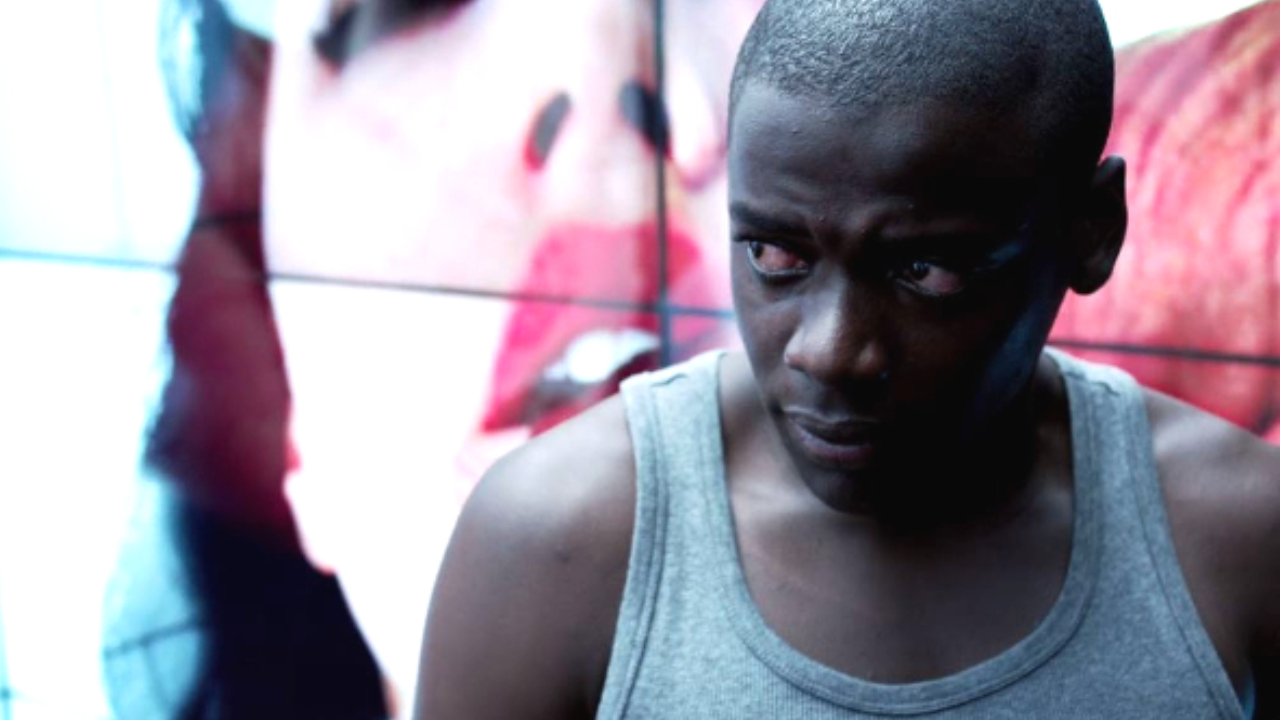
8. “Fifteen Million Merits” (Season 1, Episode 2)
If you have ever felt like a prisoner to media content, you can relate to Daniel Kaluuya’s Bing in “Fifteen Million Merits.” The episode is literally set in a world run by a media corporation that rewards people for playing video games and consuming mindless entertainment with a chance at the celebrity lifestyle. This tone-setting episode from Black Mirror’s premiere season is a strikingly inventive dystopian drama that brilliantly explores how what could appear to be a tremendous success by societal norms may be an oppressive nightmare to the individual experiencing.
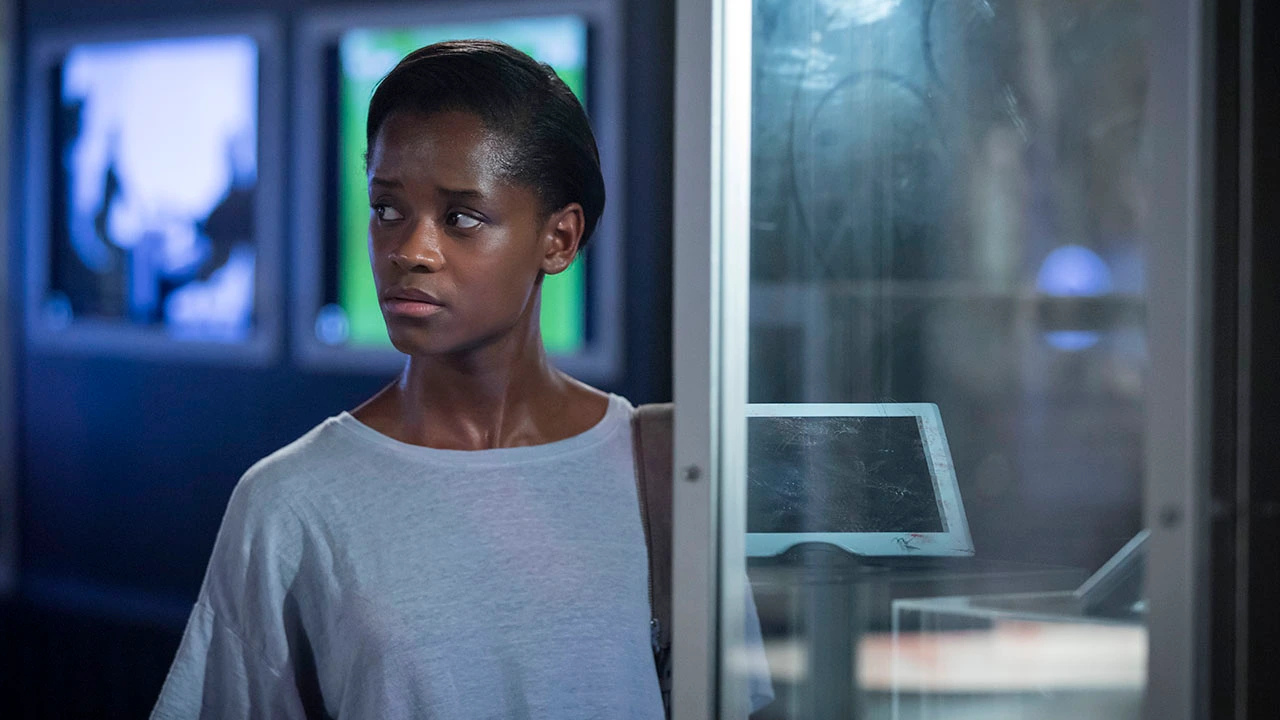
7. “Black Museum” (Season 4, Episode 6)
One episode of this horror anthology TV show is, essentially, an anthology horror movie – namely “Black Museum,” which gets its name from a tourist destination housing a collection of technologies with tragic histories run by a former medical equipment salesman (played by Douglas Hodge). He entertains a guest (played by Letitia Wright) with the stories behind three of his most fascinating artifacts, which also reflect many of the series’ most prevalent themes and concepts up to that point. The episode could have worked as a fitting finale to Black Mirror, not just for that reason, but also its end reveal that brilliantly subverts its signature technophobic elements in something refreshingly cathartic.
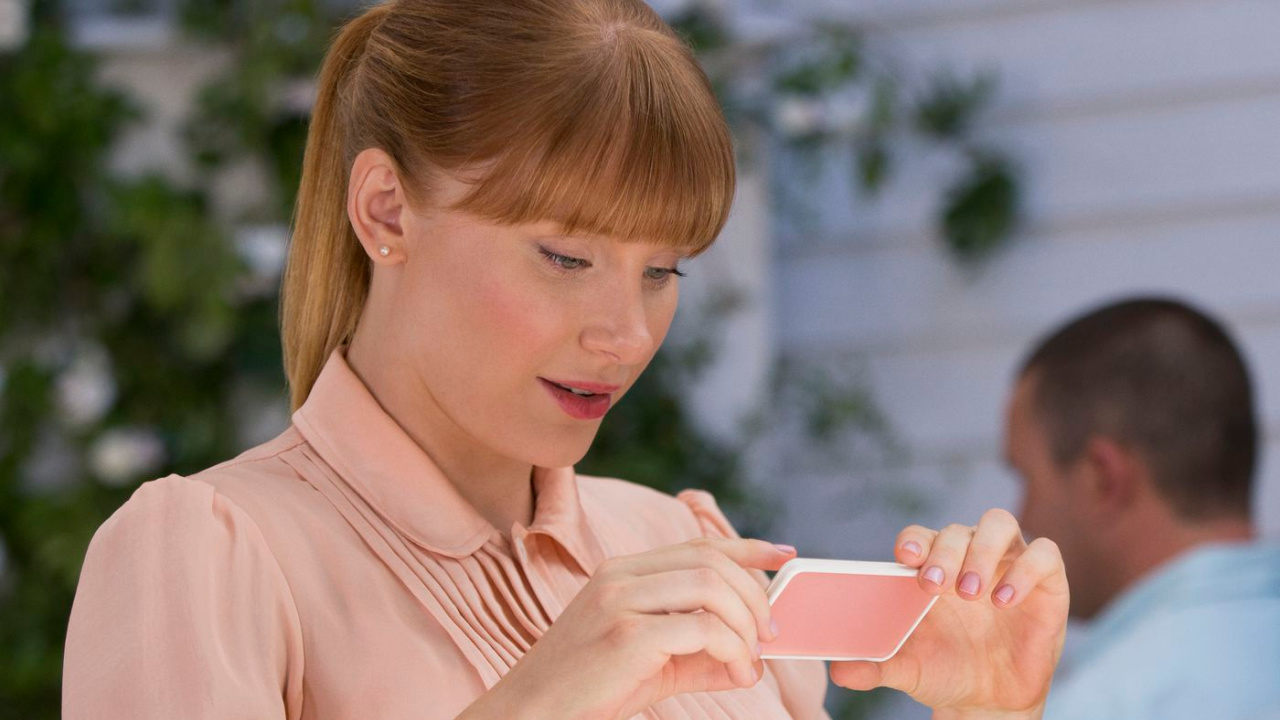
6. "Nosedive" (Season 3, Episode 1)
Bryce Dallas Howard had a traumatic experience with Black Mirror, referring to it as a “nosedive,” before starring in a fan-favorite episode bearing that exact title. The story reflects real-world obsessions with social status by setting it in a world in which economic status and general well-being are measured on a peer-rated five-star scale. Lacie’s (Howard) desperation to maintain her rating influences her to make increasingly poor decisions that lead to her inevitable “cancellation,” which has a more invigorating effect on her than one may anticipate.
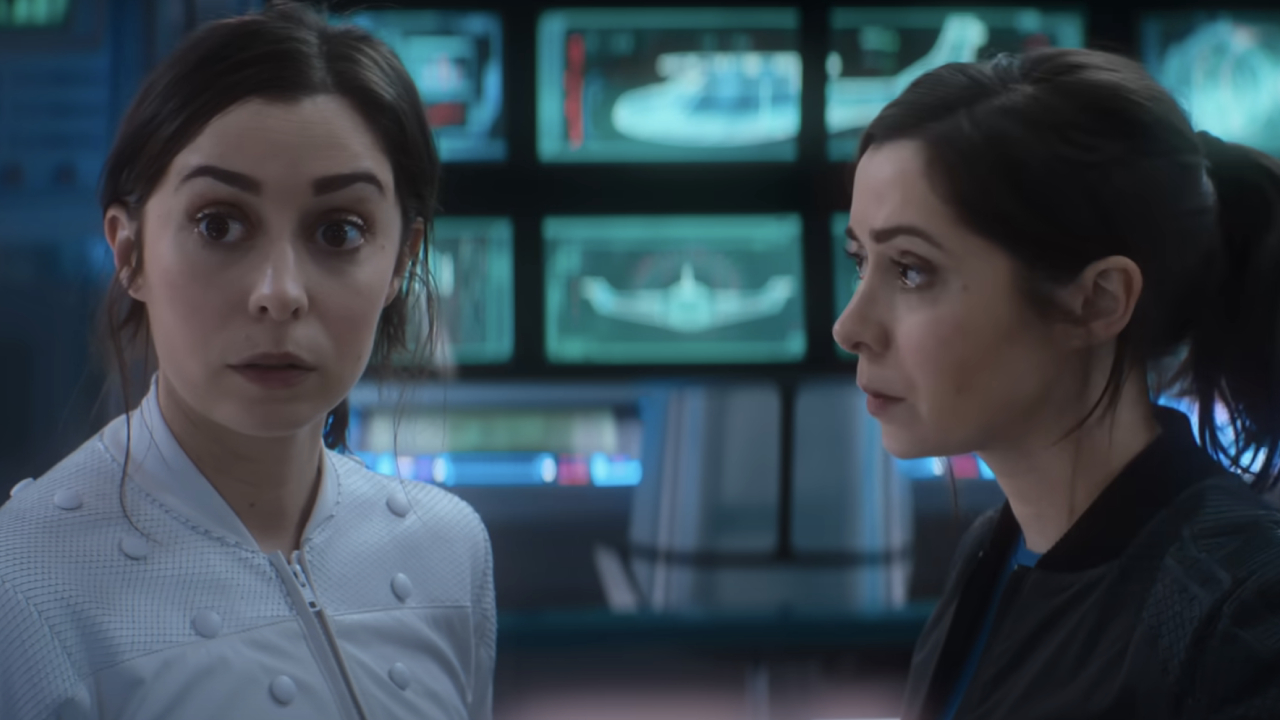
5. "USS Callister" (Season 4, Episode 1) And “USS Callister: Into Infinity” (Season 7, Episode 6)
The success of the scintillating, Emmy-winning “USS Callister” – starring Jesse Plemons as an abusive video game developer who traps digital copies of his coworkers in a Star Trek-esque video game simulation – garnered talk of a potential spin-off. Instead, it got a sequel, “Into Infinity,” in which Cristin Milioti's Nanette Cole and her crew discover that life as an NPC is not as freeing as they anticipated, and their struggle to survive is worsened by a video game company CEO (Jimmi Simpson) who wants to erase them. While not as profoundly thought-provoking and cleverly satirical as other classic Black Mirror episodes, this two-part tale is still one of the series’ most ferociously entertaining efforts.
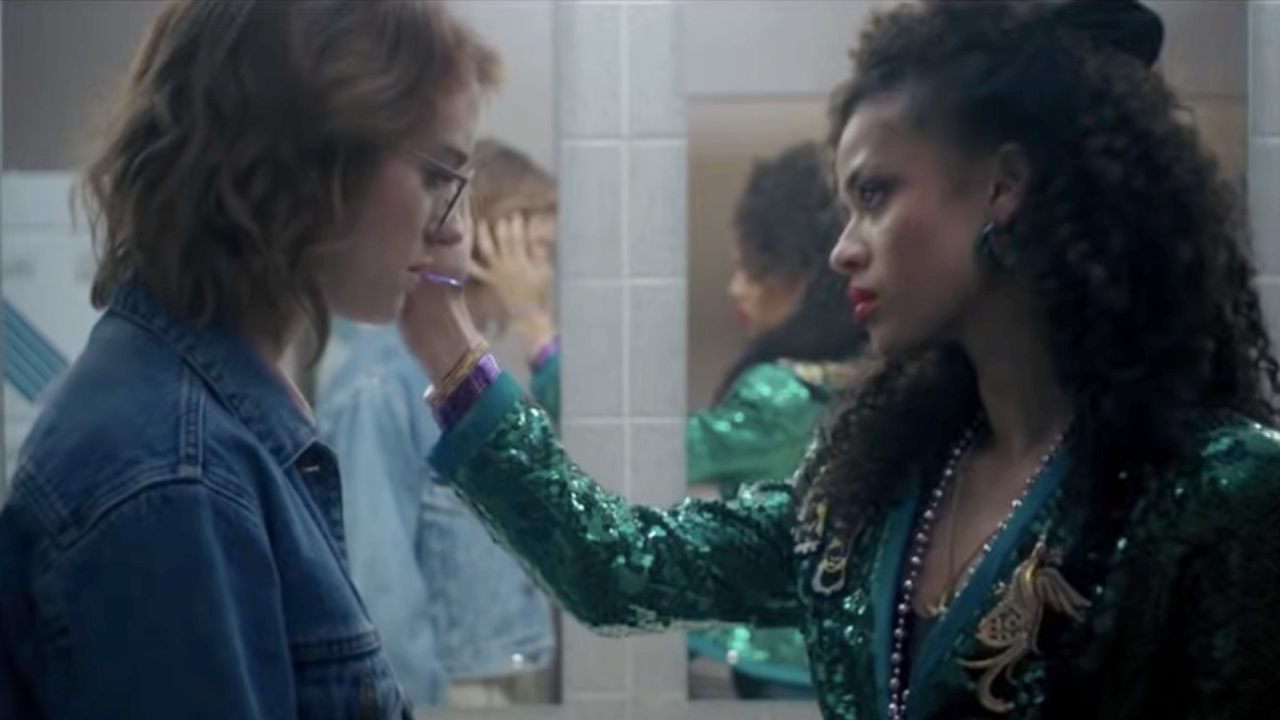
4. "San Junipero" (Season 3, Episode 4)
Season 3 is what marked the turning point for Black Mirror as a show that is not completely cynical by offering a somewhat optimistic take on cutting-edge technology in “San Junipero.” The Emmy-winning favorite depicts one of the most bizarre romances on a Netflix show, as Yorkie (Mackenzie Davis) and Kelly (Gugu Mbatha-Raw) are actually elderly women (the former of whom is comatose) living out an ‘80s-style fantasy in a VR simulation. It is hard not to fall for their unconventional means of “connection” as they discover that “Heaven is a place on Earth.”
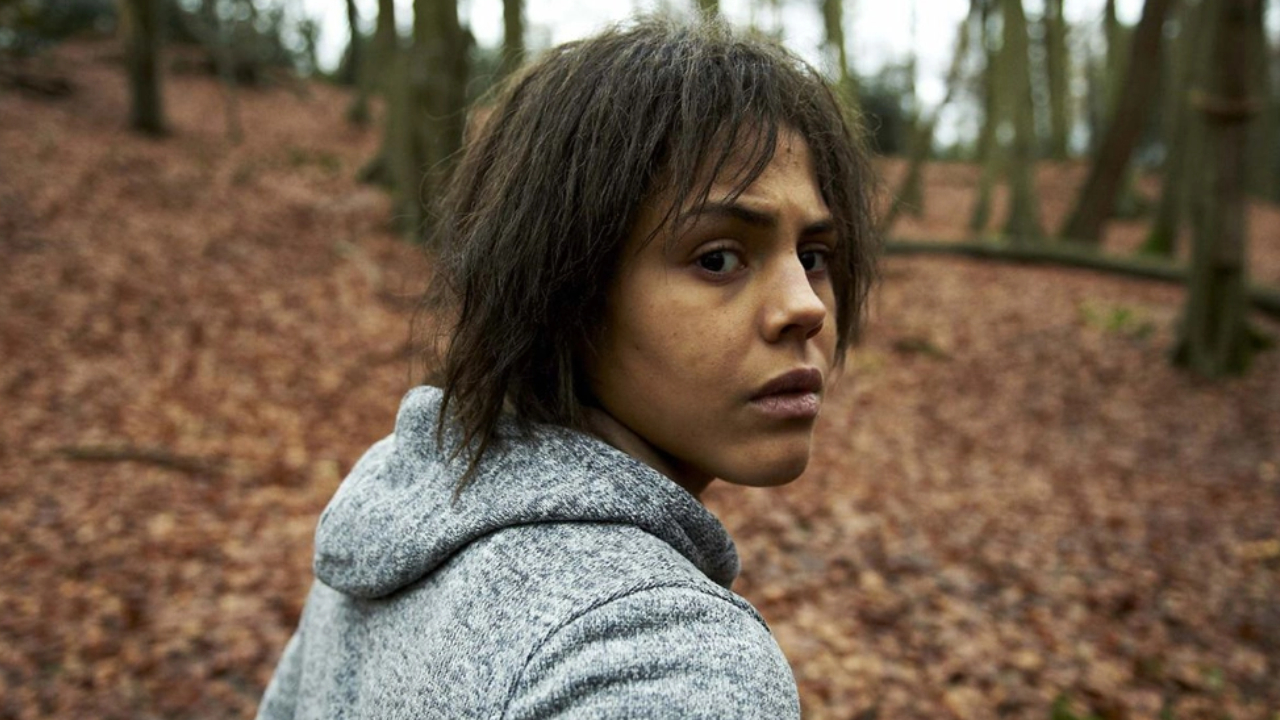
3. "White Bear" (Season 2, Episode 2)
In a 28 Days Later-esque intro, “White Bear” opens with an unnamed amnesiac (played by Lenora Crichlow) waking up in a post-apocalyptic world overrun with crowds of people chasing after her, filming her with cellphones. At first, the episode appears to be a commentary on obsessions with voyeurism or the “zombifying” effect mobile devices have on people, but the world-shattering twist unveils a demented commentary on vicious mob mentality.
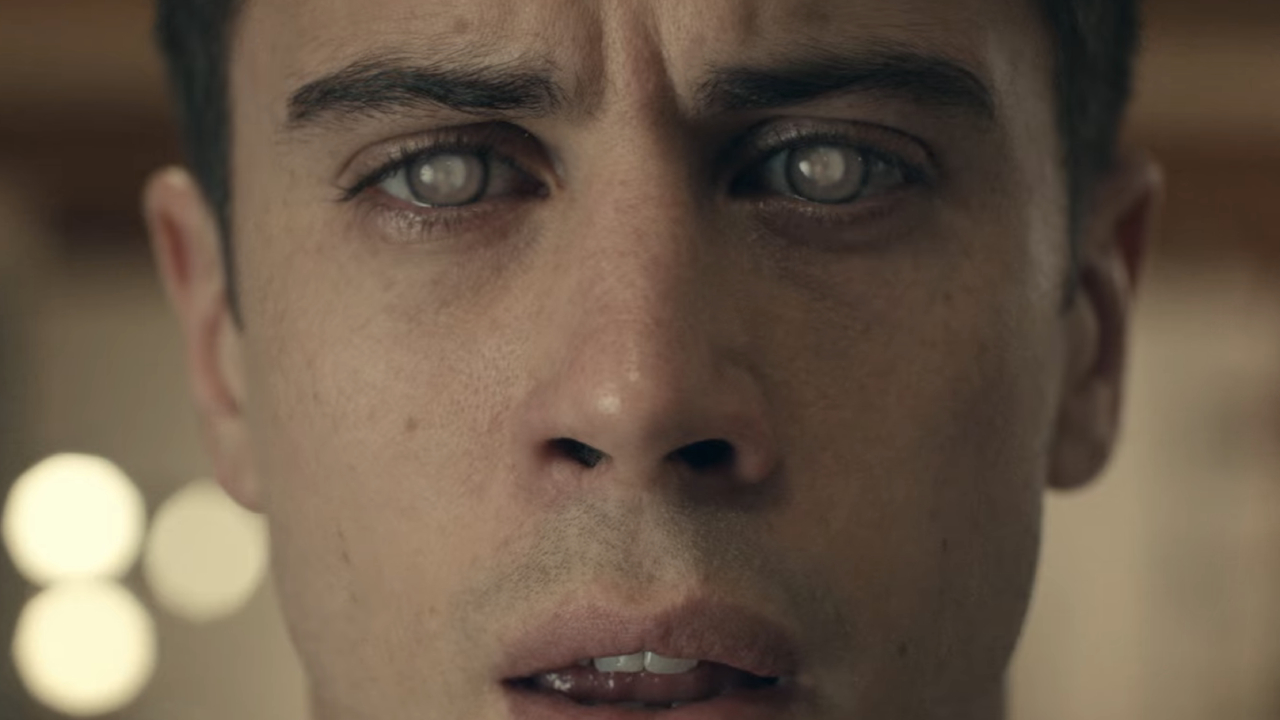
2. "The Entire History of You" (Season 1, Episode 3)
Having a video record of your whole life instead of having to rely on memory sounds like a godsend, but Black Mirror exposes such an invention for its potentially disastrous consequences with “The Entire History of You.” Toby Kebbell’s Liam obsessively uses a recording device implanted in his head to review encounters from his personal and professional life, which sends him on a paranoid downward spiral that he ultimately cannot come back from. The early classic episode brilliantly echoes Marshall McLuhan’s warnings about looking at the present “through a rear view mirror.”
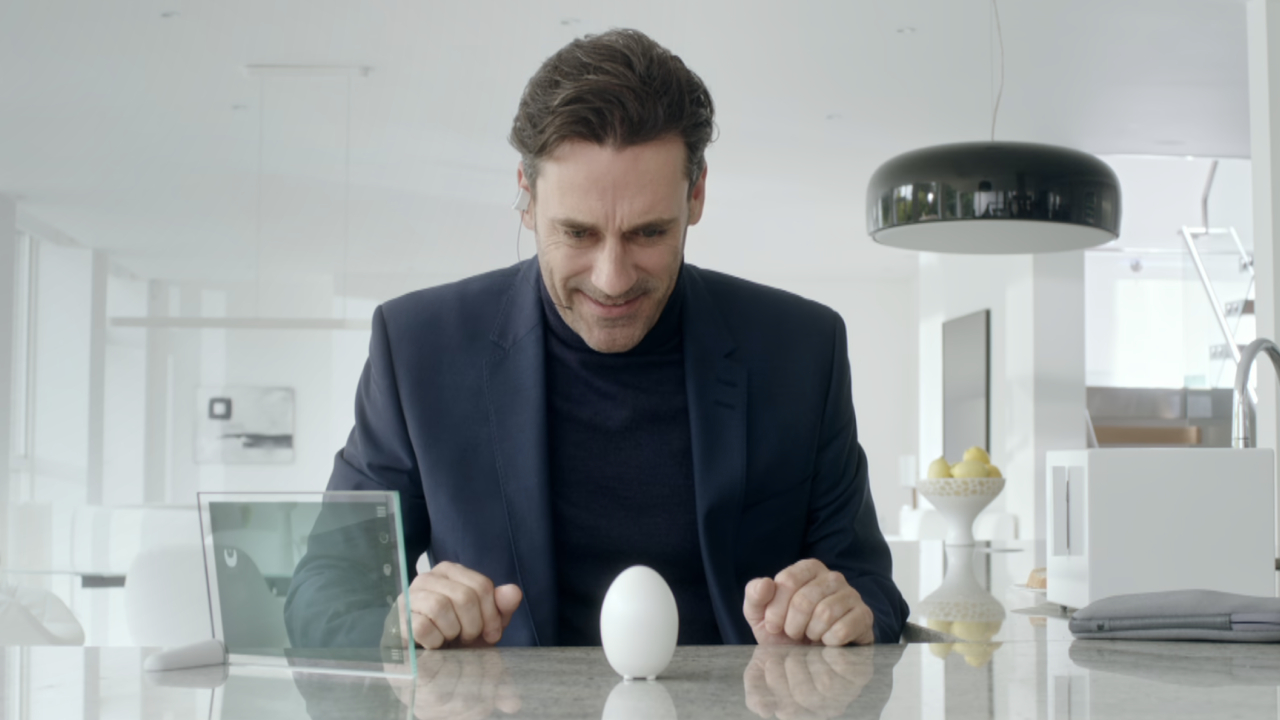
1. "White Christmas" (2014 Special)
No episode of Black Mirror defines its signature technophobic satire and taste for subversive twist endings like “White Christmas,” which premiered in December 2014 as a special between Seasons 2 and 3. It stars Jon Hamm and Rafe Spall as coworkers swapping stories about how technology has affected their lives, which involve them being blocked by significant others, not on social media, but in real life, with technology that inhibits each party’s ability to see or hear the other. However, nothing about this arrangement is quite what it seems, and the horrifying final reveal is a fruitful gift to any fan of the series’ propensity for multi-layered storytelling and bleak conclusions.
So, there you have it: the finest tales from one of the finest anthology TV shows of all time. Stream Black Mirror on Netflix and see if you agree with this list.

Jason Wiese writes feature stories for CinemaBlend. His occupation results from years dreaming of a filmmaking career, settling on a "professional film fan" career, studying journalism at Lindenwood University in St. Charles, MO (where he served as Culture Editor for its student-run print and online publications), and a brief stint of reviewing movies for fun. He would later continue that side-hustle of film criticism on TikTok (@wiesewisdom), where he posts videos on a semi-weekly basis. Look for his name in almost any article about Batman.
You must confirm your public display name before commenting
Please logout and then login again, you will then be prompted to enter your display name.
